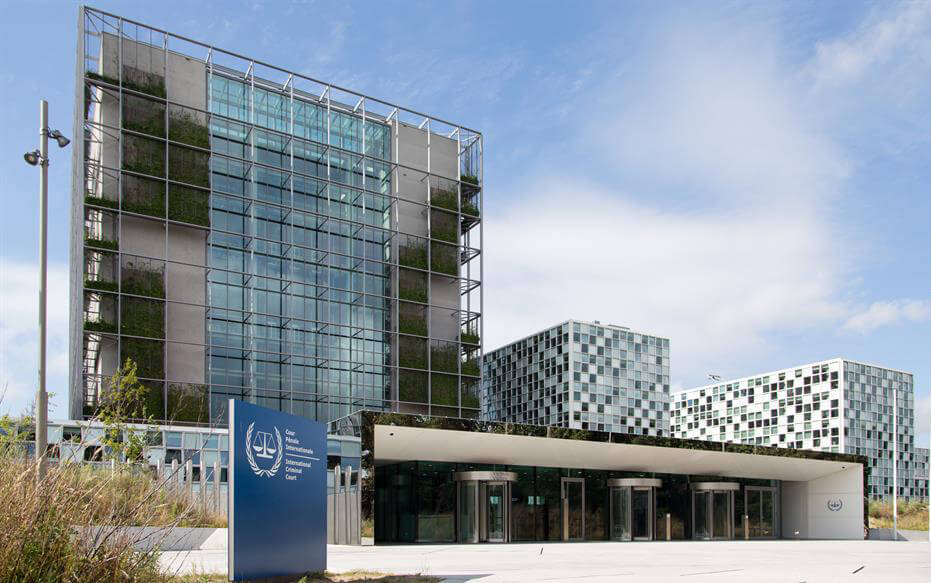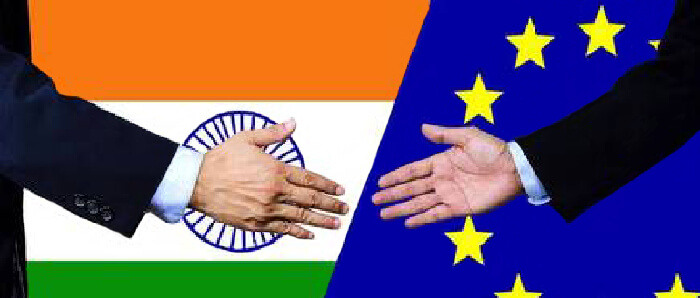“The COVID-19 pandemic is a stark reminder of the key role social development plays in protecting people’s lives and livelihoods, as well as the planet”, Munir Akram, Pakistan’s UN Ambassador and the President of the Economic and Social Council (ECOSOC) told the in-person opening session of the Commission for Social Development in New York.
He upheld that it is also “one of the critical pillars” for making the world “more sustainable and resilient”.
Foster transformation
Despite 25 years of extraordinary progress in human and social development, with a reduction in poverty, higher education standards, employment growth, rising incomes and increased longevity for hundreds of millions, Mr. Akram pointed out that “today, 26 people own half the world’s wealth”.
And todays crisis has shone a stark light on existing vulnerabilities and inequalities.
“We need to foster transformative resilience by choosing policies that tackles high and rising inequality…[and] policies that empower people and communities to become more resilient and offer multiple opportunities for decent work and social and economic transformation”, the ECOSOC President stated.
Under the premise that today’s digital divide could become “the new face of the development divide”, he underscored the “urgent need” to invest in infrastructure that connects people and strengthens international cooperation “to build a digitalized global economy” guided by regulation and fair competition.
‘Act with urgency’
Meanwhile, General Assembly President Volkan Bozkir said that the world faces the “largest setback in socio-economic development since the Second World War”, and that decades of gains and untold resources, risk being wiped away “if we do not act”.
“This is unacceptable”, he spelled out, encouraging the members to act with urgency to drive a “people-centered” recovery to mitigate and overcome the negative impacts of COVID-19, particularly on disadvantaged and vulnerable populations.
However remote or disadvantaged, he stressed that all people must be reached, and that the needs of those hit hardest hit be reflected in recovery planning.
Visionary action
As countries face the social and economic fallouts of the pandemic, the Assembly President called for visionary action, solidarity, multilateral cooperation and “above all else”, transformation.
“The challenges we face today – from COVID-19 to climate to inequality – all go hand-in-hand”, he observed, saying that “our efforts must be equally as reinforcing if we are to overcome them”.
Noting that it would not be easy, Mr. Bozkir pinpointed that a new social contract must be drawn up to address root causes of inequality and vulnerability, prioritize equal opportunities and close gaps across the Sustainable Development Goals (SDGs).
“Now is not the time for hesitancy”, he concluded.
Digital transformation
Commission Chair Maria del Carmen Squeff, said that this session is a special one because it follows up on the objectives of the Copenhagen Declaration and Programme of Action, to fight poverty, achieve full employment and promote social inclusion – all within the challenges posed by the pandemic.
Social welfare depends on a digital transformation, flagged Ms. Squeff, adding that in today’s world, digital inclusion is imperative in leaving no one behind.
“We must promote equality, with inclusive digital transformation processes”, she said, adding that the way out of the pandemic is by creating in solidarity, “fairer, egalitarian, diverse and inclusive societies”.
Harness 4th Industrial Revolution
On behalf of civil society, Maria Fornella-Oehninger and Monica Jahangir-Chowdhury, co-chairs of the non-governmental Committee on Social Development, said that digital technology has “shrunk the planet, galvanized voices for social change and transformed the way we live forever”.
They urged the UN to utilize the “transformational power of the Fourth Industrial Revolution” to build better societies guided by the values of justice, equity, security, and transparency.
“Let us join forces and harness the immense potential of digital technology for the benefit of all, accelerating the global transition to a sustainable development based on inclusion, respect for human rights and human dignity”, the cochairs said.














